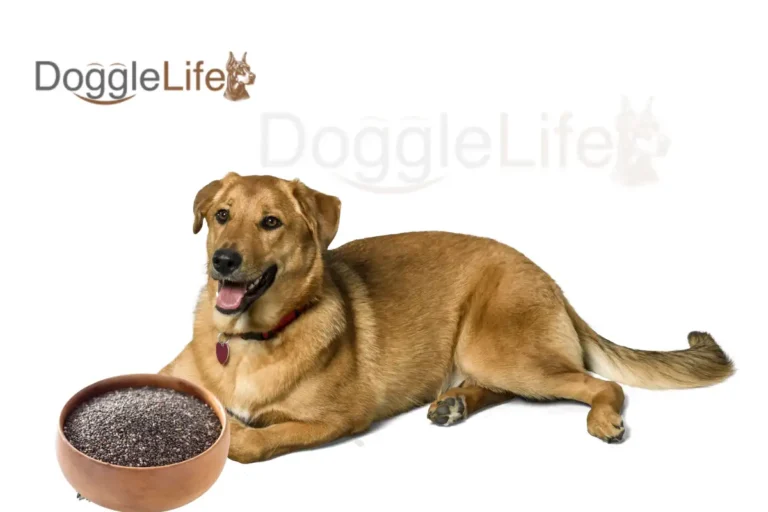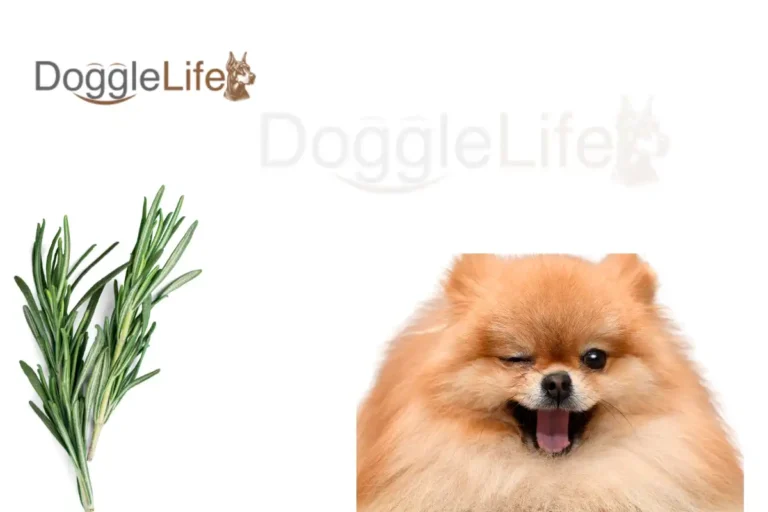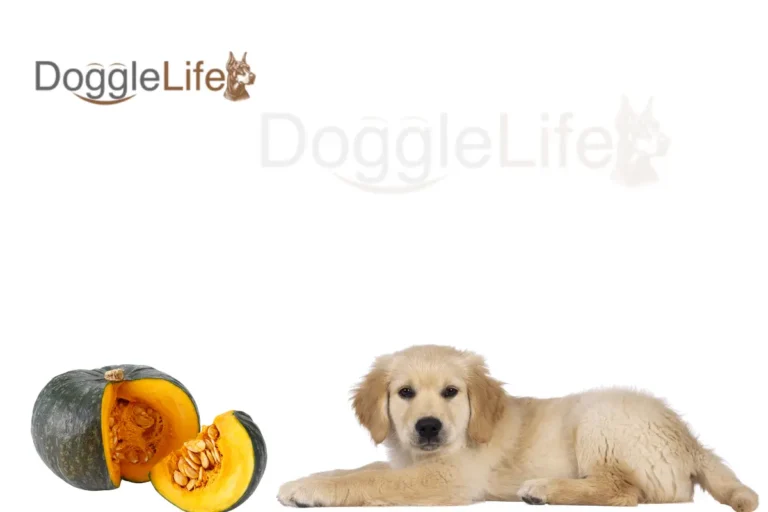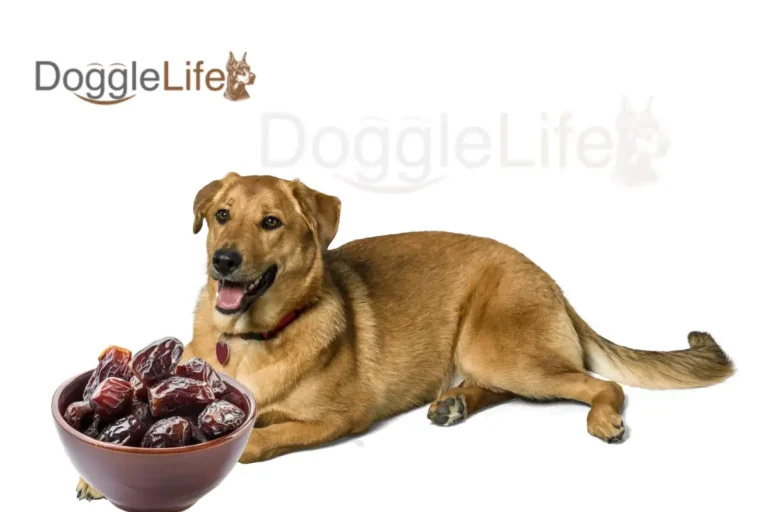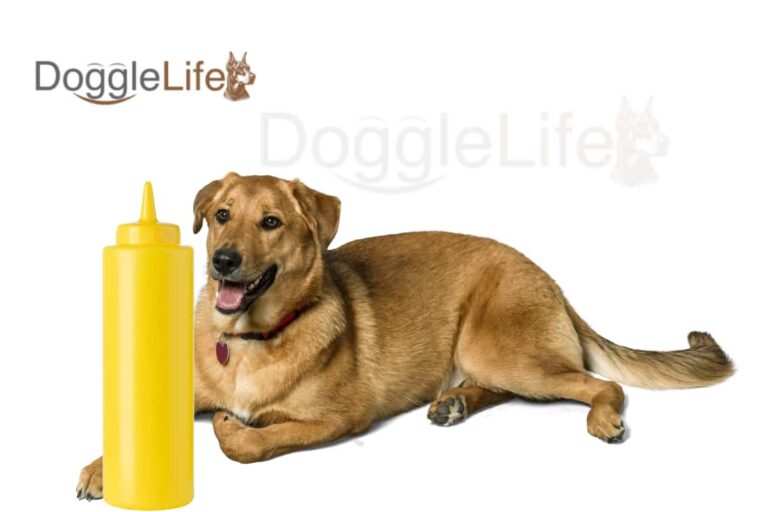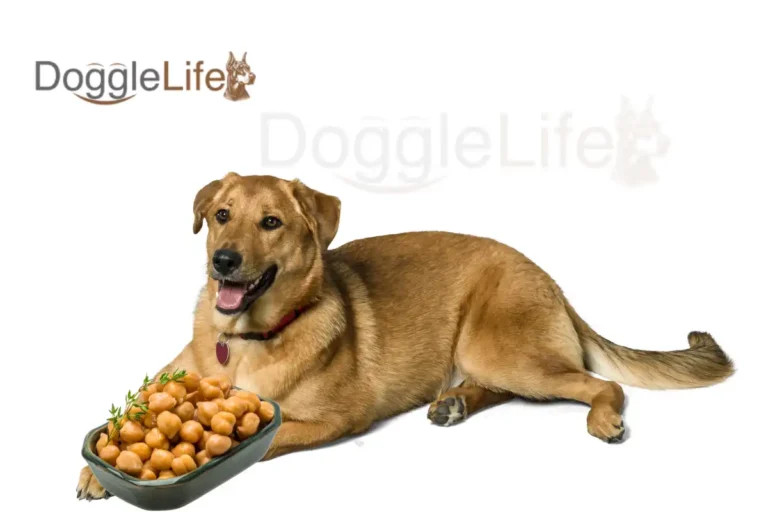Can Dogs Eat Raw Eggs and Shells? Vet Approved
Feeding your dog raw eggs and shells might sound unusual, but many pet owners are exploring natural food options to boost their dog’s health. Eggs are nutrient rich powerhouses, and their shells are packed with calcium so it’s no surprise they’ve gained attention in the raw feeding community.
But are raw eggs and shells truly safe for dogs? In this article, we’ll dive into the facts, address safety concerns, and explore whether raw eggshells and whole eggs can be a healthy addition to your dog’s diet.
If you’re curious about giving your furry friend raw nutrition, this guide will walk you through everything you need to know.
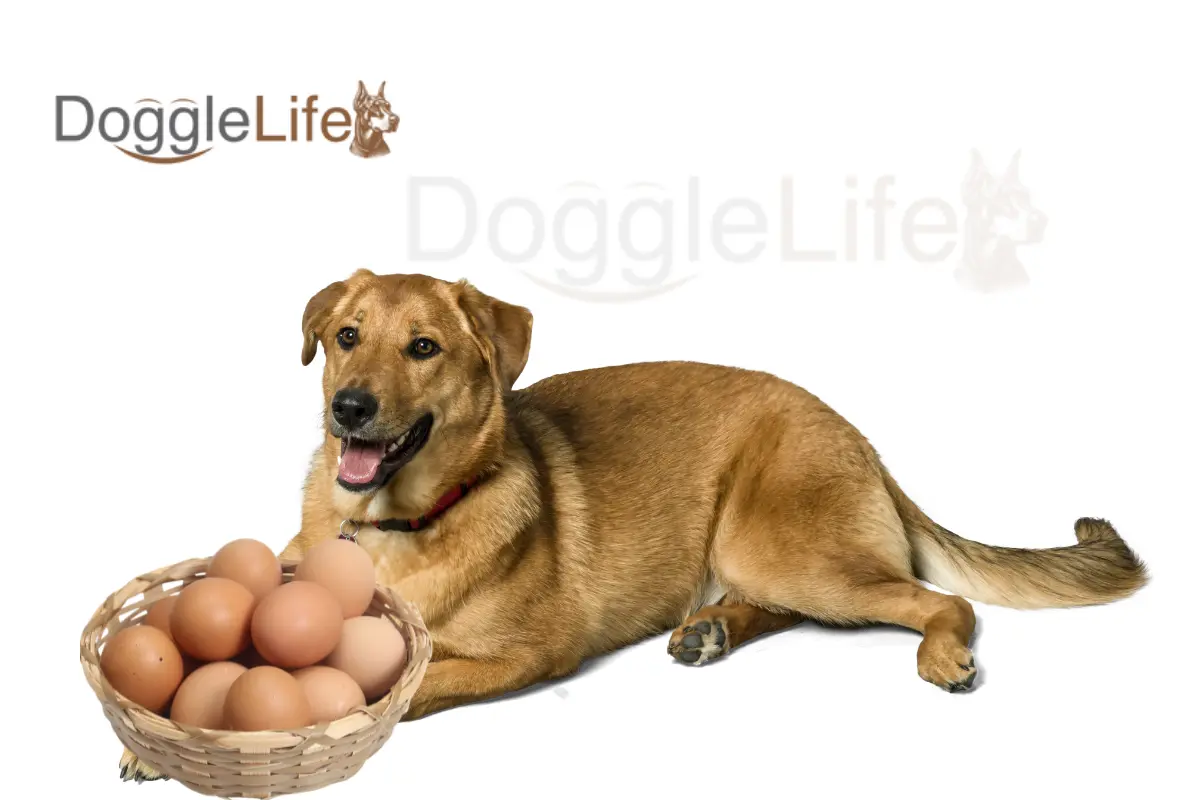
Can dogs eat raw eggs and shells safely?
Feeding your dog raw eggs and shells may seem like a natural, nutrient rich choice but safety should always come first. As a canine nutrition expert, I’ve seen both the benefits and the potential risks of raw feeding up close.
Raw eggs are packed with high-quality protein, essential fatty acids, and vitamins like A, D, and B12, while the shells offer a natural source of calcium for strong bones and teeth. However, safety depends on the source.
Free range, farm fresh eggs from trusted suppliers reduce the risk of salmonella contamination significantly.
Additionally, always inspect the egg for cracks or dirt before serving, and consider rinsing the shell to remove any potential bacteria. When handled with care, raw eggs and shells can be a safe and valuable addition to a balanced raw diet for dogs.
Can dogs eat raw eggs and shells every day?
While raw eggs and shells can offer valuable nutrients for dogs, daily feeding requires careful consideration. As a canine nutrition specialist, I advise dog owners to treat raw eggs more like a supplement than a staple. Eggs are rich in biotin, but ironically, their raw whites contain avidin, a compound that can interfere with biotin absorption over time. For a detailed breakdown of the benefits and risks, you can read our full guide on Can Dogs Eat Eggs.
This doesn’t mean raw eggs are harmful it simply means moderation is essential. For most healthy adult dogs, offering raw eggs two to three times a week is sufficient to reap the benefits without risking nutrient imbalance.
As for the shells, they’re high in calcium and can support bone health, but excessive calcium intake may lead to skeletal issues, especially in puppies. Always assess your dog’s overall diet and consult your vet if you’re planning daily inclusion. Balance is the foundation of long-term health.
Can dogs eat raw eggs and shells including chicken eggs?
Chicken eggs are the most common and accessible type of egg used in raw feeding for dogs. From a nutritional standpoint, they offer an excellent source of complete protein, essential fatty acids, and vital nutrients like selenium, riboflavin, and vitamin D. The shells of chicken eggs are equally valuable, providing a rich natural source of calcium that supports bone strength, muscle function, and nerve health.
As a canine nutrition expert, I recommend using fresh organic chicken eggs when possible, and always washing the shells to remove any contaminants. When handled hygienically and offered in the right portions, raw chicken eggs and their shells are both safe and beneficial for most dogs.
Can dogs eat raw eggs and shells from quail?
Quail eggs are a nutrient-dense option that many dog owners overlook. Despite their small size, they’re rich in vitamins like B12, iron, and phosphorus. In my experience, quail eggs can be particularly useful for small breeds or dogs with sensitive stomachs, as they’re easier to digest than larger chicken eggs.
Their shells are thinner but still packed with calcium and trace minerals. Raw quail eggs and their shells can be fed whole and uncracked to small dogs or puppies, making them an ideal natural snack. Just like with chicken eggs, cleanliness and sourcing matter. Farm-raised or organic quail eggs reduce the risk of pathogens, making them a safe and valuable addition to a raw diet.
See also: Can Dogs Eat Boiled Eggs for Health?
Can dogs eat raw eggs and shells if farm-fresh?
Farm-fresh eggs are often considered a superior option when feeding raw to dogs, and for good reason. As someone who’s worked closely with natural feeding protocols, I’ve seen that the freshness and quality of the egg dramatically impact its safety and nutritional value. Eggs that come directly from trusted farms tend to be free from harmful chemicals, preservatives, and excessive handling, which reduces the risk of bacterial contamination.
Additionally, these eggs usually have stronger shells and higher nutrient density, especially in terms of omega-3 content when the chickens are pasture raised.
However, even with farm-fresh eggs, basic hygiene remains essential. Washing the shell and storing the eggs properly ensures your dog enjoys the full benefits without unnecessary risk.
Can dogs eat raw eggs and shells with no cooking?
Raw feeding often means going completely uncooked, but it’s crucial to understand what that entails. From a canine nutrition standpoint, raw eggs and their shells can be served without cooking if handled correctly.
Cooking alters some proteins and may reduce certain vitamins like biotin, which is why raw feeding advocates often prefer eggs in their natural state.
However, the raw egg white contains avidin, which binds to biotin and can cause deficiency over time if consumed in large amounts daily.
This is why I always recommend feeding raw eggs in moderation and ensuring your dog’s overall diet supports proper nutrient absorption. When offered safely, uncooked eggs and shells can play a valuable role in supporting coat health, muscle development, and skeletal strength.
Can dogs eat raw eggs and shells with the yolk?
Yes, and in fact the yolk is the most nutrient-dense part of the egg. As a canine nutritionist, I always emphasize the importance of the yolk when feeding raw eggs to dogs.
It’s packed with healthy fats, essential amino acids, vitamin A, D, E, B12, choline, and antioxidants like lutein.
These support eye health, brain function, and immune strength.
Some owners worry about fat content, but in moderate amounts, the egg yolk is a powerhouse of benefits. When feeding raw eggs, don’t skip the yolk it’s the most valuable part of the package for your dog’s overall health.
Can dogs eat raw eggs and shells including the membrane?
The eggshell membrane is often overlooked, but it’s actually a hidden gem in canine nutrition. It’s the thin layer between the shell and the white, and it’s rich in collagen, glucosamine, hyaluronic acid, and chondroitin all of which support joint health and mobility. I’ve seen noticeable improvements in older dogs or breeds prone to joint issues when egg membranes are included in their diets. When feeding raw eggs, it’s perfectly fine and even recommended to include the membrane.
Just make sure the egg is fresh and the shell is clean, so your dog can safely benefit from this natural source of joint support.
Can dogs eat raw eggs and shells for shiny coats?
One of the most visible signs of good nutrition in dogs is the condition of their coat. Raw eggs, especially the yolk, are rich in biotin, omega-3 and omega-6 fatty acids, and protein all key factors in promoting a glossy, healthy coat.
In my practice, I often suggest raw eggs as part of a coat-enhancement plan, particularly for dogs with dull fur or seasonal shedding.
The addition of eggshells provides trace minerals like zinc and calcium that also support skin and hair health. When used correctly, raw eggs and shells can help your dog achieve a shinier, more vibrant coat within weeks.
Can dogs eat raw eggs and shells during puppyhood?
Puppies have unique nutritional needs, and while raw eggs and shells can be beneficial, they must be introduced with caution. As someone who’s guided many breeders and puppy owners through early nutrition, I always stress the importance of balance during the growth phase. Raw eggs offer essential proteins and fats that support muscle development and brain growth, while the shells provide calcium needed for bone formation.
However, excessive calcium at this stage can disrupt the calcium to phosphorus ratio, potentially leading to skeletal issues. If you’re feeding a raw diet to puppies, eggs and shells should be added in precise amounts and ideally under veterinary supervision. When done correctly, they can support strong development without complications.
Can dogs eat raw eggs and shells as a calcium source?
Eggshells are one of the most efficient natural calcium sources available for dogs. In raw diets, where commercial calcium additives are avoided, ground eggshells are often used to meet daily mineral requirements. From a professional standpoint, I often recommend them for adult dogs on home prepared meals to maintain proper bone health and nerve function.
One large eggshell contains about 2,000 mg of calcium, which can be too much if not balanced with phosphorus. That’s why it’s crucial to measure quantities accurately and factor in the rest of the dog’s diet. When used in the right amounts, raw eggshells are an excellent natural way to fulfill your dog’s calcium needs.
Can dogs eat raw eggs and shells without getting sick?
The safety of raw eggs and shells largely depends on sourcing, hygiene, and the individual dog’s immune system. From years of working with raw fed dogs, I can confidently say that most healthy dogs can eat raw eggs and shells without any issues if basic precautions are followed.
Always use fresh, clean eggs from reliable sources, and wash the shells before serving. Salmonella is a concern, but dogs have shorter, more acidic digestive tracts than humans, which makes them more resilient to bacteria. That said, immunocompromised dogs or those with chronic illnesses should avoid raw eggs unless approved by a vet. With proper care, the risk of sickness is minimal and the benefits are significant.
Can dogs eat raw eggs and shells if organic?
Organic eggs are among the best choices for dogs when feeding raw. In my experience, dogs that consume organic raw eggs tend to benefit from higher nutritional quality and fewer contaminants. Organic eggs typically come from hens raised without antibiotics, synthetic hormones, or genetically modified feed all of which can affect the nutrient profile of the egg.
The shells of organic eggs are also less likely to carry chemical residues, making them safer for canine consumption. If you’re feeding your dog raw eggs and want to maximize both safety and nutritional value, organic is the way to go. Just remember to wash the shell and introduce them gradually to observe any individual reactions.
Can dogs eat raw eggs and shells with bones in diet?
When feeding a raw diet that includes bones, it’s important to manage calcium and phosphorus levels carefully. Raw meaty bones provide phosphorus, while eggshells supply calcium. As a nutrition consultant for raw feeders, I’ve seen excellent results when both are balanced correctly. Including eggs and shells alongside bones can help maintain proper mineral ratios that support skeletal health and prevent imbalances.
However, overdoing either source can lead to complications. Too much calcium may cause constipation or interfere with the absorption of other minerals. For dogs already receiving bone content daily, eggshells should be used sparingly and always measured. Combining both in a structured raw diet plan can offer excellent long-term benefits when done right.
Can dogs eat raw eggs and shells as part of BARF diet?
The BARF (Biologically Appropriate Raw Food) diet emphasizes feeding dogs as close to their ancestral diet as possible. Raw eggs and shells fit naturally into this philosophy. I regularly incorporate them into BARF plans for clients because they deliver bioavailable nutrients with minimal processing.
The egg provides protein and essential fats, while the shell adds calcium and trace minerals. In the BARF model, variety and balance are critical, and raw eggs help diversify the protein sources while boosting skin, coat, and immune health. When introduced in moderation and adjusted to the dog’s size and activity level, raw eggs and shells are an excellent addition to a well-formulated BARF diet.
Raw eggs and shells can offer impressive nutritional benefits for dogs when introduced carefully and responsibly. From boosting protein intake to providing a natural calcium source, they can support everything from bone strength to a shiny coat.
However, it’s essential to weigh the risks like salmonella and over-supplementation and always consult your vet before making major dietary changes.
With the right precautions, raw eggs and shells can be more than a treat they can be a smart step toward a healthier, more natural diet for your canine companion.

